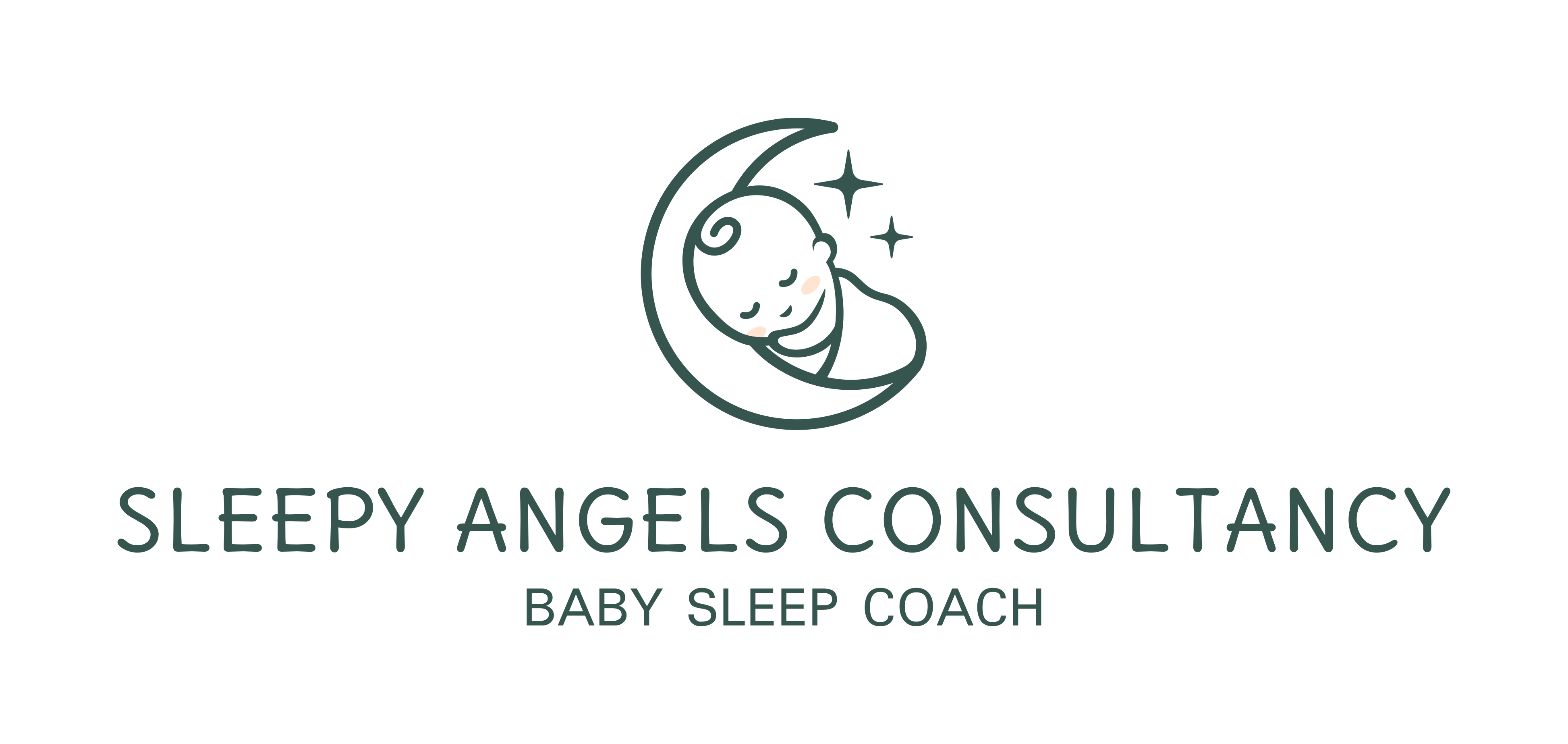TABLE OF CONTENT:
What is 4 month sleep regression?
Your baby may have gone through their first sleep regression at around 8 weeks old, but now, only two months later, they may be going through it all over again. The 4 month sleep regression can be the most challenging one for parents because it is a significant milestone in your baby’s sleep development.
Sleep regressions are a significant topic when it comes to your baby’s sleep routine, especially during the first couple of years of their life. The 4 month sleep regression is a developmental stage that many babies go through, leading to disrupted sleep. At around 4 months of age, babies go through significant changes in their sleep cycles and begin to develop more adult-like sleep patterns. This can result in a disruption to their previously established sleep patterns, including more frequent night wakings, shorter naps, and difficulty settling to sleep.
During this stage, babies may also experience other developmental changes, such as increased motor skills, teething, or starting to roll over, which can also affect their sleep.
The 4 month sleep regression can be challenging for both babies and parents, but it usually resolves on its own within a few weeks to a few months.
Parents can help their babies through this stage by establishing consistent sleep routines, providing a comfortable sleep environment, and responding promptly to their baby’s needs.
What ages will my child go through a sleep regression?
Babies may go through several sleep regressions throughout their first year of life, but there are five significant sleep regressions parents should be aware of, including:
8 weeks – see 8 weeks sleep regression blog
4 months
8-10 months
12-15 months
2 years
How long does the 4 month sleep regression last?
The 4-month sleep regression is a common developmental milestone that typically occurs around 3-4 months of age and can last for a few weeks to a few months.
The duration of the 4-month sleep regression can vary from baby to baby, but on average, it can last between 2-6 weeks. During this time, your baby’s sleep patterns may be disrupted, and they may have more trouble falling asleep or staying asleep.
This can be frustrating for both you and your baby, but it’s important to remember that this is a normal part of their development. If you’re concerned about your baby’s sleep patterns or have any questions, a sleep consultant can help you develop effective self-settling methods and create a comfortable sleep environment.
How does a 4 month sleep regression affect your child’s sleep?
Stick to a consistent bedtime routine:
Establishing a consistent bedtime routine can help your baby learn when it’s time to sleep, making it easier to fall asleep during a sleep regression. Try to keep the routine simple (around 30 minutes long) and consistent every night, so your baby knows what to expect. This may include things like a bath, reading a book, singing a lullaby, and snuggling.
Try to establish a nap schedule:
Naps can be especially important during a 4 month sleep regression, so try to establish a nap schedule that works for your baby. This may involve paying attention to your baby’s sleepy cues and creating a nap-time routine to signal that it’s time to rest.
Stick to a consistent wake-up time: Even if your baby has had a rough night of sleep, try to wake them up at the same time every morning. This will help regulate their body clock and make it easier for them to fall asleep at night. Make sure they have the right amount of sleep in 24 hours, use this sleep chart.
Be patient and flexible:
Remember that 4 month sleep regression is a normal part of a baby’s development, and they will eventually pass. Try to be patient and focus on creating a calm, soothing environment for your baby. Offer extra cuddles, soothing music, or a dummy.
Your baby’s sleep patterns may change frequently during a 4 month sleep regression, so be prepared to adjust your routine as needed. Be willing to try different things to see what works best for you and your baby.
Don’t let your baby get overtired:
Over-tiredness can make it harder for your baby to fall asleep and stay asleep. Watch for signs of tiredness, like yawning, rubbing eyes, or fussiness, and try to get your baby to sleep before they get too tired.
Ask for help:
4 month Sleep regression can be exhausting for parents, both physically and emotionally. Don’t be afraid to ask for help from friends, family, or a professional if you need it. Sometimes just having someone to talk to can make a big difference.
Take care or yourself :
Remember to take care of yourself during a sleep regression. Get enough rest, eat healthy foods, and take breaks when you need them. Remember that taking care of yourself will help you better take care of your baby.
Stay calm and positive:
Your baby may sense your frustration or stress, which can make it harder for them to sleep. Try to stay calm and positive, even if you’re feeling exhausted. Remember that 4 month sleep regression is temporary, and things will eventually get better.
Keep the bedroom conducive to sleep:
Make sure your baby’s bedroom is dark, quiet, and at a comfortable temperature of 16 -20°C as recommended by Lullaby trust. Use blackout curtains to keep out light and white noise to mask any background noise that could disturb your baby’s sleep. More on bedroom set up here.
Be mindful of growth spurts:
Sleep regressions often coincide with growth spurts, which can make your baby extra hungry and fussy. Be prepared to offer extra feedings and comfort during these times.
Encourage self-settling and consider gentle sleep training options:
As your baby becomes more aware of established sleep cues and routines, consistency is key. Whether you feed or rock your baby to sleep, maintaining these routines is essential. However, during the 4 month sleep regression, it’s crucial to start transitioning away from these associations. This is where bedtime routines play a vital role in promoting self-settling. Find support and guidance through our digital and audiobook sleep guides, especially during this period of transition.








0 Comments